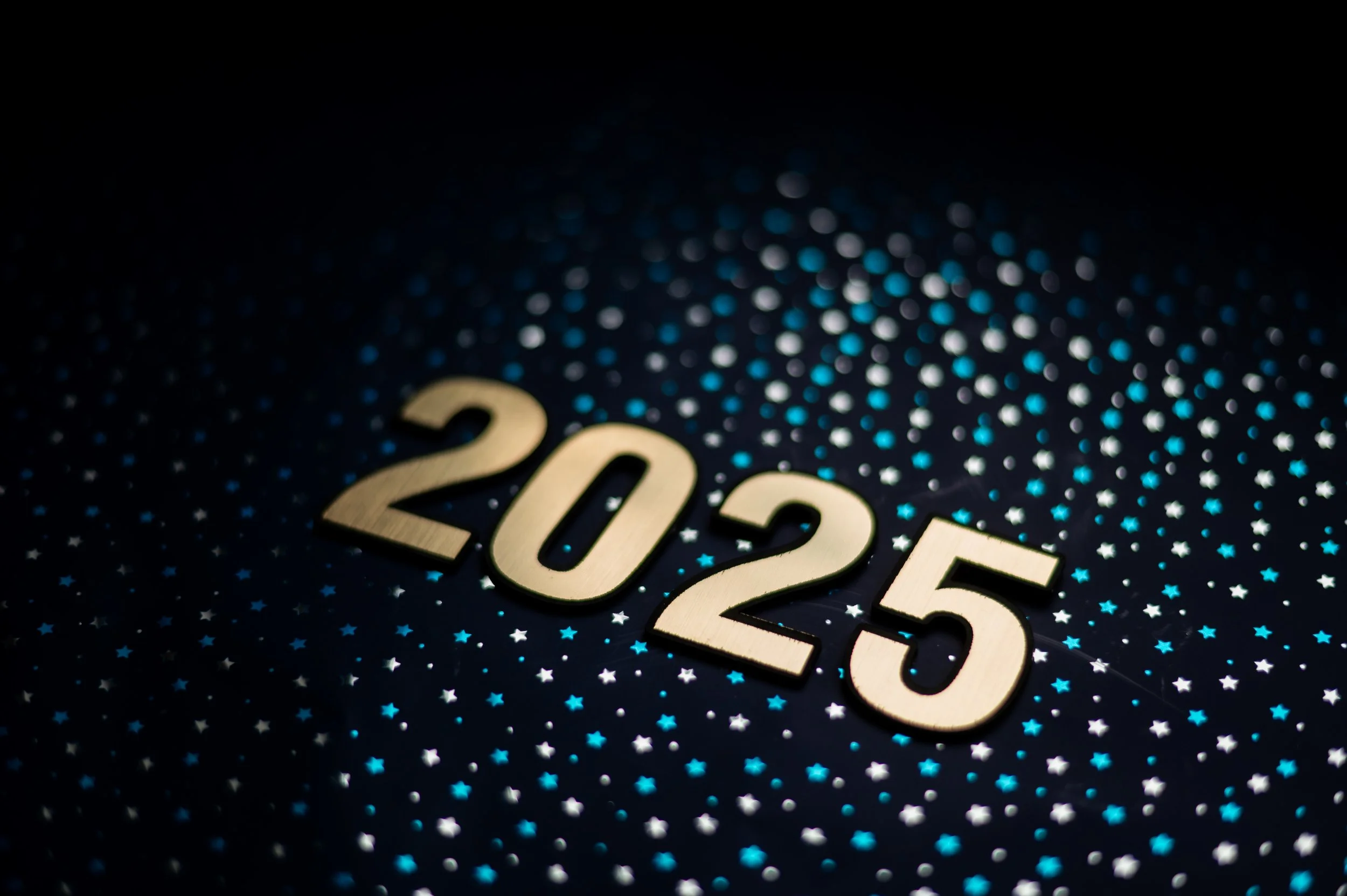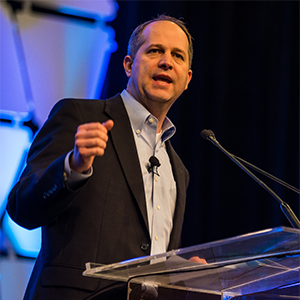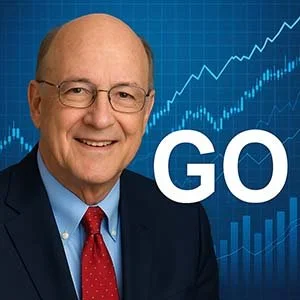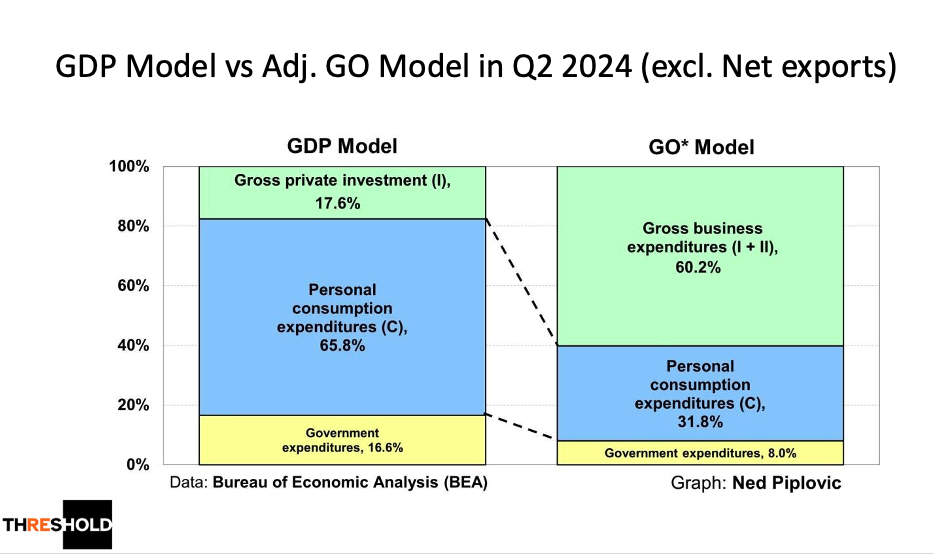NEW SHOW FEATURE: We are now LIVE streaming our shows. Want to join us live? Just click this link every Friday at 3pm ET / 12pm PT.
In this episode, Ron and Ed sit down with Dan Morris, Chief Dragon Slayer at Morris and D’Angelo, for his fourth appearance on The Soul of Enterprise. Dan shares captivating stories from his decades-long career in international tax and accounting, including memorable IRS cases and the nuances of navigating complex tax law. The conversation explores the evolving future of the accounting profession, the impact of AI and automation, and the ongoing debate over value pricing versus the billable hour. Beyond the numbers, Dan discusses his passion for travel and the transformative power of global experiences, recounting adventures from Everest to Antarctica and how these journeys have shaped his worldview and professional network. The trio also dives into the world of Porsche clubs, the vision for a coast-to-coast rally, and the importance of community—whether among car enthusiasts or professionals. Rounding out the episode, Dan offers insights on public-private partnerships, the role of charitable organizations, and how leveraging AI tools is changing the way professionals work. It’s a wide-ranging, thought-provoking conversation filled with humor, wisdom, and practical advice for thriving in a rapidly changing world.
AI SHOW NOTES (because our editor is lazy)
AI Summary
Tax Case Success Stories
The discussion focused on tax cases and legal victories, with Dan Morris sharing two notable examples. He described how he helped a client avoid paying $56,000 in taxes by correctly interpreting contract accounting rules, and detailed a complex international tax case involving a $200 million sale where they successfully challenged an IRS bill of $4.8 million, ultimately receiving a $5.6 million refund including interest. The conversation also covered the different types of tax courts and administrative processes, with Dan explaining that while the Court of Claims is a specialized federal court, it's different from administrative courts and allows for appeals to the circuit courts.
Accounting's Future: Humans and AI
Ed and Daniel discussed the future of the accounting profession, noting an increase in accounting graduates due to the rescinding of the 150-hour rule and the profession's recession-resistant nature. Daniel predicted that AI and technology would automate routine tasks, leaving judgment-based consulting and personal guidance as key human roles. They also debated the potential of digital and central bank currencies, with Daniel suggesting a hybrid system for large financial transactions while expressing skepticism about fully transitioning to digital currency.
Billable Hour Persistence in Legal Services
The discussion focused on the persistence of the billable hour in professional services, particularly among law firms, with Daniel noting that while there's a gradual shift toward fixed pricing and retainers, many firms, especially in Europe, continue to rely heavily on time-based billing. Ron and Daniel discussed a specific example where a San Francisco law firm was given a $50,000 budget for a California case, highlighting the challenges clients face when dealing with hourly billing.
Tax Policy and Educational Funding
Ron and Daniel discussed tax issues, including the use of pay.gov, tax-exempt statuses for organizations, and the fairness of current tax policies. Daniel argued for taxing surplus funds of charitable organizations to ensure accountability and spending, while also supporting equitable application of taxes across institutions. Ed suggested that colleges should be responsible for student loan debt, and the conversation touched on the need for equitable college admissions processes and the funding of higher education.
Transformational Travel and Human Elements
Daniel shared his extensive travel experiences, having visited 90 geographic areas across 7 continents, including a trip to Mount Everest in 1987. He discussed how travel and experiences can be transformational, noting that the journey itself, rather than just the destination, creates memorable and impactful experiences. Daniel emphasized the importance of adding elements that bring "the art of the humane" to any form of transportation or travel, whether local or international.
Global Networking and Business Insights
Daniel shared his experiences traveling to various places, including Oxford, Harvard's Kennedy School, and Dartmouth's Tech, which expanded his network and enabled him to connect with people from different continents. He discussed how travel can be transformational, providing opportunities to build relationships and access a global network of professionals. Daniel also reflected on his firm's transition to value pricing and eliminating timesheets, attributing these changes to the influence of Ron and his book, though he believed he would have eventually adopted similar practices on his own. The conversation concluded with Daniel describing his experiences in Antarctica, highlighting the beauty and wildlife of the region.
Porsche Club Rally 2027 Planning
The show discussed a future Porsche Club of America coast-to-coast road rally in 2027, planned by Dan Morris, which would follow US Highway 20 from Newport, Oregon to Boston, Massachusetts, covering approximately 3,800 miles over two weeks. The discussion highlighted the club's community-focused events, including multi-day tours and regional gatherings, with Morris noting that while Porsche owners enjoy driving their cars, the club emphasizes camaraderie and shared experiences over mere car ownership. The show concluded with an announcement of an upcoming interview with Karl Marx, and Greg mentioned that the current segment would be extended to accommodate the interview timing.
Three-Year Career Cycle Philosophy
Daniel discussed his career philosophy, explaining that he follows a three-year cycle in which he spends a year learning a new topic, a year mastering it, and a year transitioning to a new area before becoming bored. He attributed this approach to having ADHD, which he views as a strength for problem-solving and strategic thinking. Daniel also shared his experience using AI tools like ChatGPT for drafting letters and research, finding it helpful for improving communication skills and validating theories. He mentioned taking graduate courses at Harvard and being open to new specialties while remaining adaptable to changes in tax rules.
PPPs in Developing Countries
Daniel discussed public-private partnerships (PPPs) in developing countries, focusing on infrastructure projects like roads, bridges, and utilities. He emphasized the need for innovative funding mechanisms, particularly in countries without established taxation or utility billing systems. Ron shared examples of successful PPP programs in the U.S., including education initiatives that pay providers based on results rather than inputs. The conversation concluded with a lighthearted discussion about state taxes and Oklahoma's approach to recruiting teachers from other states.






























